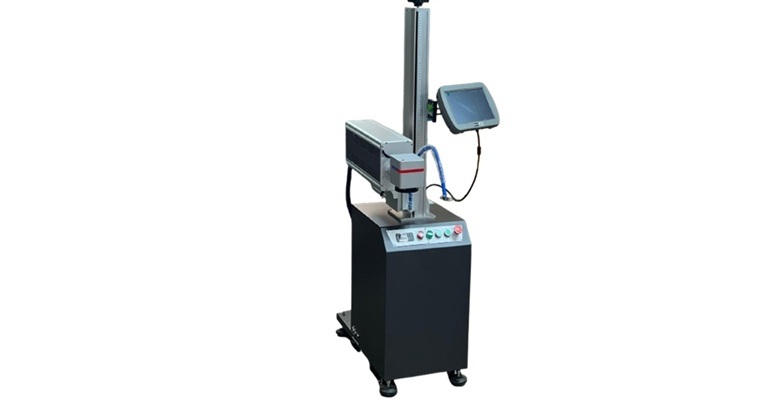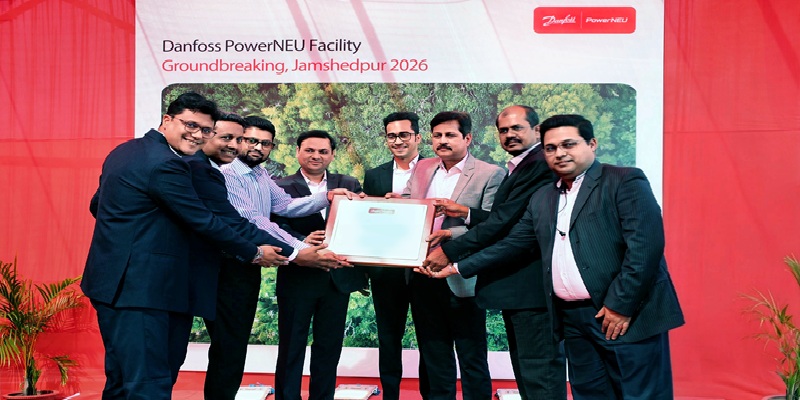Schedule a Call Back
Hexagon’s global survey reports 98% of manufacturers hindered by data issues
 Industry News
Industry News- Mar 15,24

Related Stories
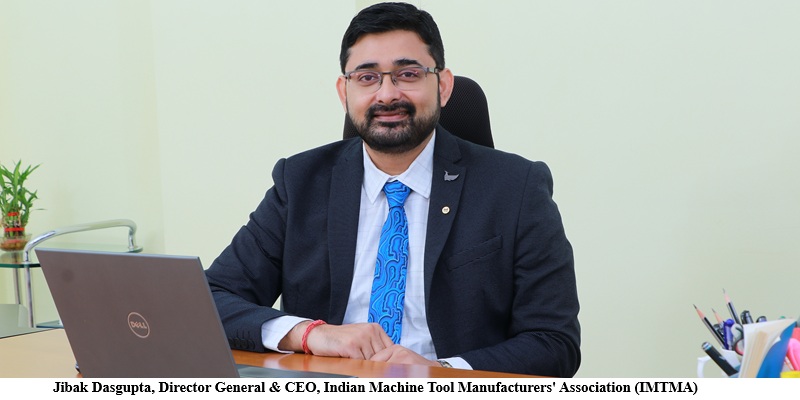
IMTEX Forming celebrates human ingenuity & machine intelligence: Jibak Dasgupta
In this interview with Rakesh Rao, Jibak Dasgupta, Director General & CEO, Indian Machine Tool Manufacturers' Association (IMTMA), explores trends in the machine tools industry and shares some highl..
Read more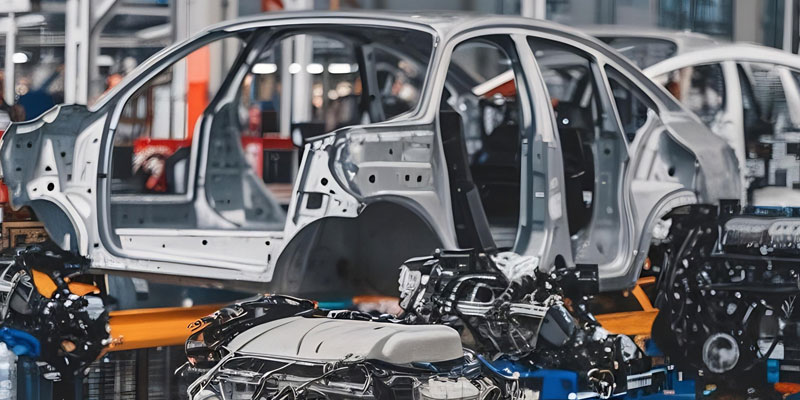
EV transition and tariff wars redefine India’s auto components play
India’s auto component industry is poised to hit $ 145 billion by FY30 from $ 80 billion in FY25. Yet high US tariff, EV transition and heavy reliance on imports from China expose vulnerabilities,..
Read more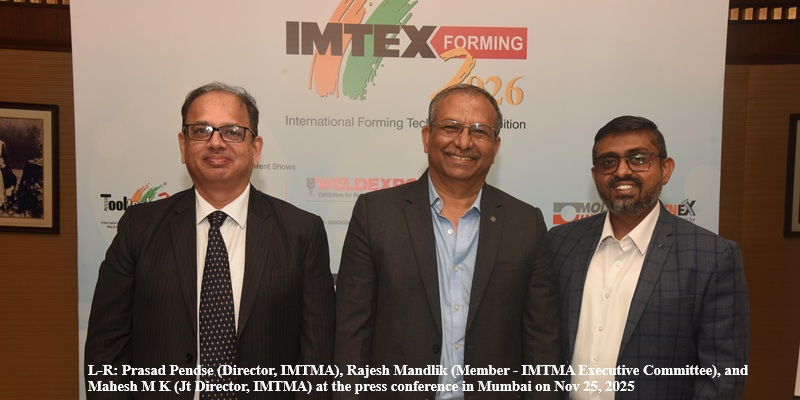
IMTEX Forming 2026 to bring together global metal forming leaders in Bengaluru
At the Asia's largest metal forming exhibition, 600+ global exhibitors from 20 countries will showcase latest technologies in metal forming, digital manufacturing, welding, and moulding among others..
Read moreRelated Products
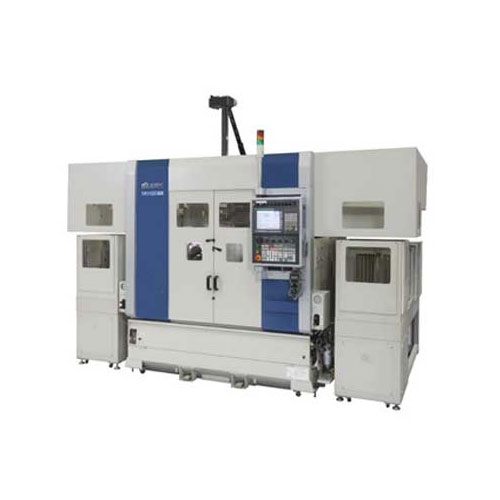
Compact Fmc - Motorum 3048tg With Fs2512
Meiban Engineering Technologies Pvt Ltd offers a wide range of Compact FMC - Motorum 3048TG with FS2512.

Digital Colony Counter
Rising Sun Enterprises supplies digital colony counter.
Robotic Welding SPM
Primo Automation Systems Pvt. Ltd. manufactures, supplies and exports robotic welding SPM.





